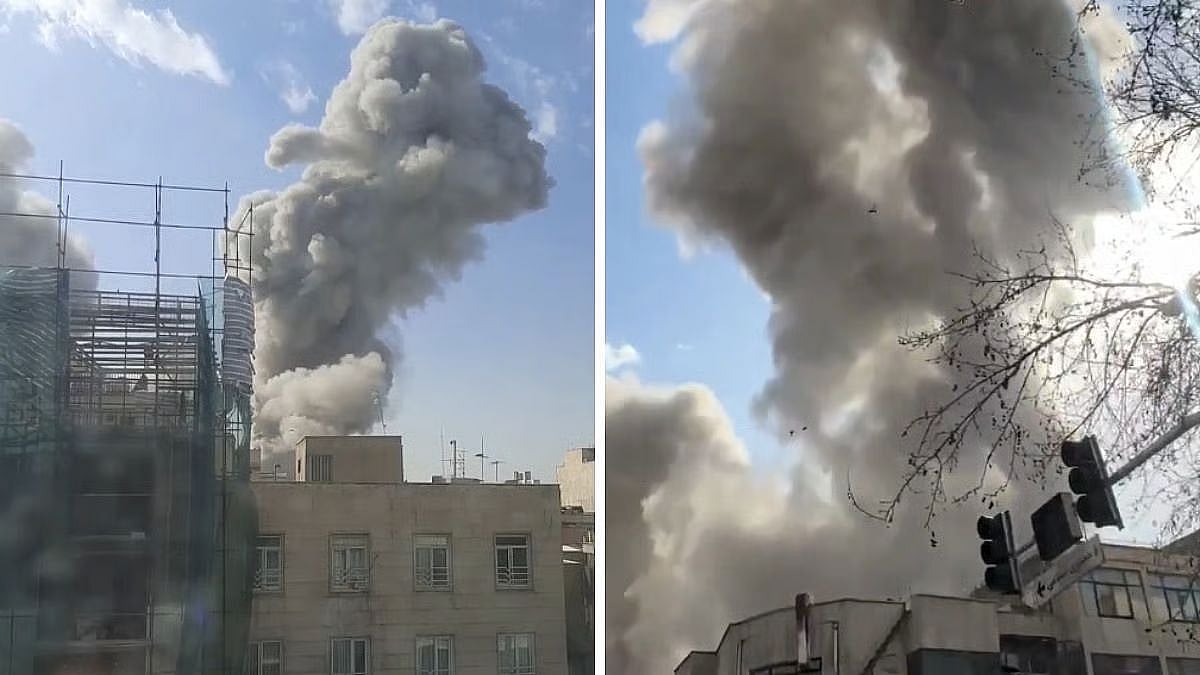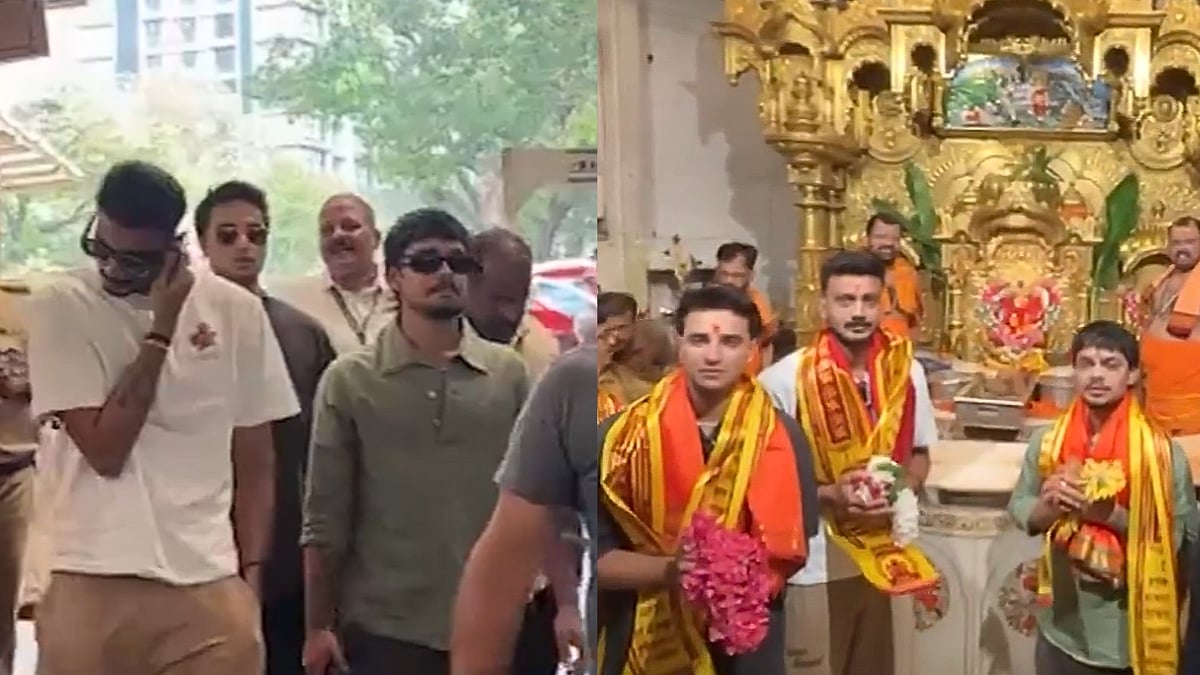The World Health Organisation (WHO) released global estimates of Covid-19 mortality this week. It reckoned that the world had witnessed, from January 2020 through December 2021, an astounding three times more deaths than had been officially reported by individual countries; the direct and indirect toll from the pandemic stood at 14.91 million instead of the reported 5.4 million. If this was an eye-popper then its computation for India was stunning. The death toll was a staggering ten times the official figure of 4,81,000 released by the Government of India. Predictably, this set off a chain of reactions from outright denial in some quarters of the four-million figure to questioning the WHO’s methodology and the classic ad hominem strategy of targeting the messenger. On the grounds that there are inconsistencies in the criteria used to arrive at the four million figure, and that the validity and robustness of WHO’s models are questionable, the government put out a long explanation refuting the number. Perhaps in anticipation of the high numbers, it had, according to reports last month, attempted to push back on the WHO report. India is among the 20 countries that account for more than 80 per cent of excess mortality globally but almost half of the global uncounted deaths were from India. The four million figure flies in the face of the government's triumphalism in tackling Covid-19.
Even as the pandemic raged in multiple waves, there were reports of gross under-counting and under-reporting of deaths. Independent researchers, scholars, and statisticians have published their findings and large peer-reviewed studies in the last few months. All of it pointed to excess mortality figures being several times higher – four to 20 times – across individual states than that reported in the state or central registration system. The compensation claims have far outrun the recorded mortality figures. All said, there is room to believe that the true picture of mortality is much higher than the government figure. It may be four million but, at this time, there is no way to refute it. If this were merely a fight about the accuracy and integrity of data, it would have been possible to negotiate a way to arrive at its truth. But, this is a larger battle – about the record of the worst time in India in more than a century, the authenticity of its record-keeping, the robustness of its data collection, the intent and integrity of the government given its selectivity with convenient data, and the possibility that millions of Indians – not 4,81,000 – did die during the pandemic. The government has consistently sought to undermine India’s data architecture and systems, turning creative with definitions to undervalue past data to make the present look better. Therefore, its riposte to the WHO now does not carry the authority it should have.
Data paucity and data opacity have been characteristic of India’s response to Covid-19 management, scholars say. In the absence of accurate data and an atmosphere of trust around it, it is next to impossible to arrive at the truest picture of what the pandemic wrought on India. This is untenable for our present and unforgivable for the future.




